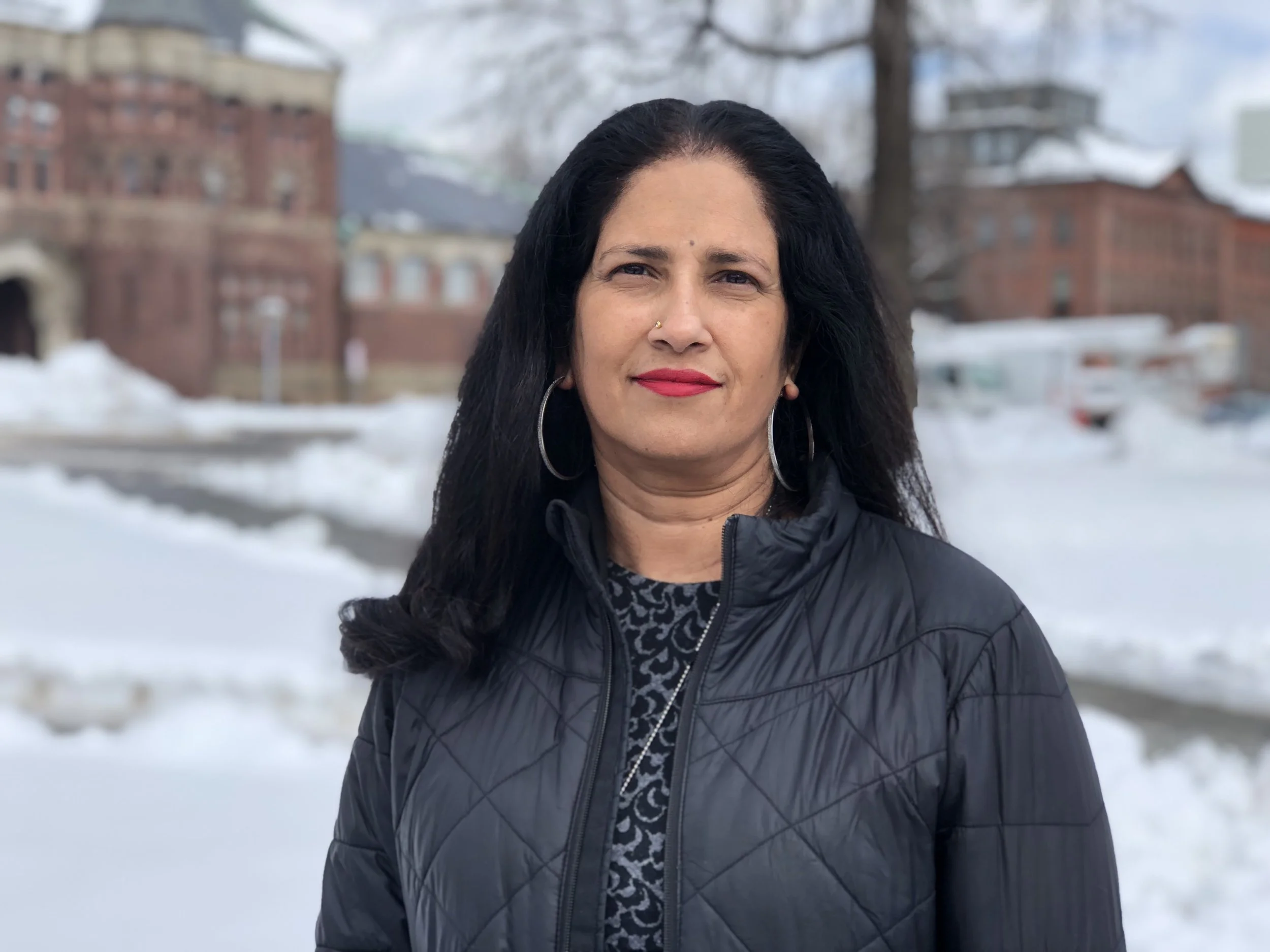Teamwork: The Funder Encouraging Collaboration to Solve Complex Problems
/photo: Rawpixel.com/shutterstock
Collaboration is the name of the game with the latest round of grants from a Bay Area-based foundation. The Hellman Foundation recently announced the latest recipients of its Collaborative Change Initiative. Now in its fourth year, the initiative promotes cross-sector projects that address systemic problems in San Francisco and Alameda counties.
The foundation is not alone in its belief that cross-sector collaboration offers the best shot at solving long-term, systemic problems. We've written numerous stories in recent years about funders working to engage different stakeholders in concerted action. Lately, for example, we've reported that funders working on homelessness are embracing an approach that brings several key sectors to the table. The most successful projects in that field tend to blend public and private sector efforts, as we’ve reported.
Meanwhile, cross-sector collaboration has gained a lot of traction in the public health field, where such top funders as the Robert Wood Johnson and the Kresge foundations are backing similar initiatives, most notably the BUILD Health Challenge, which seeks to improve wellness by bringing together community-based organizations with local hospitals and public health departments. Lots of funders are also developing collective impact approaches to education.
Related:
- "Fundable, Doable, and Measurable." A Foundation's Success Against Homelessness
- Looking Upstream: A Funder Collaborative Goes Local to Address the Roots of Health
- Who's Getting Grants From This New Fund For Collective Impact in K-12?
The idea behind all these efforts is that solutions to complicated problems touch on a many areas, and require coordination from multiple stakeholders and systems. Hellman and other funders reason that philanthropy is just one piece of the puzzle. To be successful, projects need to engage the public, private and nonprofit sectors.
"The Hellman Collaborative Change Initiative is a program built around the concept of bringing people together to solve tough problems,” said Susan Hirsch, executive director of the Hellman Foundation. “It recognizes that, fundamentally, no one person, organization or sector can solve our most intractable social issues. We believe that bringing together unlikely but equally passionate partners towards a common goal is the most productive path forward.”
The initiative started back in 2014. In the past, grants have gone to organizations working in a number of fields, including addressing dental health inequities, vouchers for fresh fruits and vegetables, and housing support for homeless people with disabilities. This year, the four organizations will receive $1.5 million.
How do these latest grantees fit the bill?
The cohort focuses on a several areas—education, nutrition and health. Two of the grantees work on making healthy food more accessible and appealing to low-income residents. This is par for the course for Hellman, which has supported this type of work through this program in the past.
The Food As Medicine Collaborative works to bring the healthcare system and food communities together through establishing food pharmacies based in health clinics. The plan is to call on the healthcare system to engage with patients on healthy eating and address food insecurity.
The other organization, Healthy Food, Healthy Families, plans to work with community leaders and healthcare providers to design neighborhood campaigns to encourage residents to eat healthy food. The nonprofit is focusing on neighborhoods with kids at high risk for obesity and diabetes.
The grantee most emblematic of the initiative’s focus on cross-sector collaboration is the San Francisco Educator Pathway Coalition. The coalition wants to encourage more people of color to start and stick with teaching in a school district that is 80 percent children of color with a teaching staff that is more than half white. To do this, the coalition brought together a group of a dozen organizations, including the San Francisco school district, nonprofits, youth development organizations and the University of San Francisco School of Education.
The fourth grantee, End Hep C SF, provides hepatitis C treatment to such marginalized groups as drug users, people living with HIV, transgender people, people of color and the homeless. Despite the existence of a highly effective treatment, those groups remain difficult to reach. The organization plans to use the grant to scale up its operations.
Collaboration is key to End Hep C SF’s approach. "We feel strongly that the only way to solve entrenched social and public health issues is to work across sectors and truly collaborate,” said Emalie Huriaux, director of hepatitis policy and programs at Project Inform and a member of the End Hep C SF Coordinating Committee. The nonprofit’s strategy was inspired by the success of past efforts to address public health issues in the city.
"In San Francisco, we've already seen the success that a collective impact model can bring to public health,” Huriaux said. “For example, by bringing together key people affected by HIV as well as local government, medicine, and the private and nonprofit sectors, the Getting to Zero initiative has reduced new HIV infection rates to under 300 per year—an incredible achievement for a city that was once Ground Zero for the HIV epidemic.”
Like most of the Hellman Foundation’s work, this set of grants centers on the Bay Area. However, unlike the foundation’s other work, the Collaborative Change Initiative accepts applications for its grants. The foundation has already said it doesn’t plan to give out grants as part of the initiative in 2018 so that it can focus instead on its partnerships with this year’s recipients. Interested organizations should stay tuned for 2019.
Related:







































